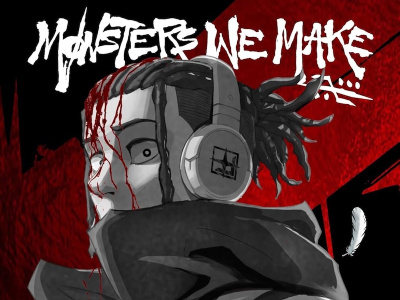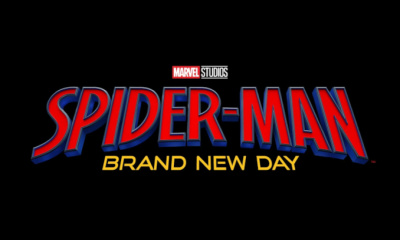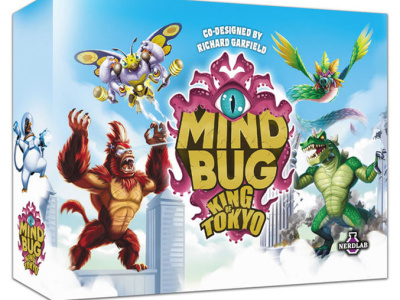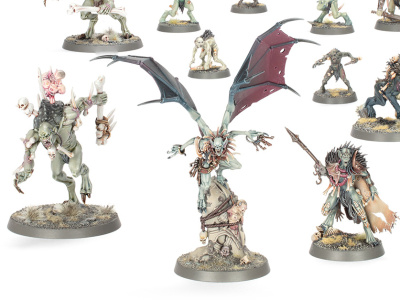Mark Siegel is the editorial director of First Second Books, home to best-sellers such as Best Friends and Zita the Space Girl. He is also the co-author of the 5 Worlds middle-grade fantasy series; the fourth volume, The Amber Anthem, is due out on May 5. We talked to Siegel about how First Second is adjusting to the COVID-19 epidemic and what he is seeing as the physical distribution system goes through seismic shifts.
How is COVID-19 affecting your day-to-day work?
I feel like [First Second parent company] Macmillan was really impressive for a nimble response. It felt like within a matter of days everybody jumped into work from home. There were some issues with managing editorial and production, and anything that involved physical copies of things, that took a little longer to sort out, but very quickly new systems were in place. I get reports, we just ordered a big reprint on one of our books, and we are shipping, we are selling books. Books are moving. People obviously want and need books and are finding ways of getting them.
As far as our team, I feel like we have very much the same spirit and passion and belief in what we are doing. I think that when you have a huge, monumental crisis, the relevance of what you do is one of the things that comes into question, and there’s a sense that we are doing something that the world needs. There’s a need more than ever for storytelling.
It looked like March was a strong month for children’s books despite the pandemic. How was it for you, and are you seeing a shift in the way people are buying books or the types of books they are buying?
Not so much the types of books. I have a feeling we are going to see an uptick in e-books, but as far as I can tell it’s still a really, really small part of our business. That could change, but I’m not seeing it yet. We went to some trouble some years ago to make sure that that our books were going out as e-books, but the First Second reader wants a physical object, by and large. So far that isn’t changing.
The big books are still the big books. In some cases we have had to order reprints that surprised me, they were much bigger than I expected to order.
What were the big books for you?
InvestiGators, a lot of our middle grade, Real Friends and Best Friends, Jen Wang’s Stargazing, these are some of our really big books. Big books in the adult space, like The Adventure Zone are as huge as ever, and these have active fan communities that do spend a lot of time online, but in some of them it’s not that obvious.
The science comics and our nonfiction stuff is obviously ideal for homeschooling. A lot of people were getting those books either through their library or sometimes through their school, and they are suddenly getting them for themselves now.
So did you see an uptick in sales for them?
Yes, there are definitely early signs that is going to be in increasing demand.
Where are people buying them?
I don’t yet have any very detailed reports, but there have been some weird surprises. For example, BarnesandNoble.com is suddenly a force. We are seeing quite a lot of books moving through that channel. It used to be a dead zone, and now here it seems to be a place people are getting books from; rather than going to their local Barnes and Noble, they are going to the website.
Do you think people were scared away from Amazon by their statement that they would be prioritizing household and medical items?
People got scared off, and their messaging was really odd. I actually had a couple of orders I had to get from them right when they were saying we are going to scale back on books, and I got all my stuff the next day. I have heard that from a number of people, that they didn’t notice any significant disruption.
I think we are seeing also the rallying of the independent booksellers. They are coming up with some really creative ways to stay active in their communities, to do curbside pickups and stuff. I think we are going to see more of that. It’s definitely not like we’re seeing these channels suddenly shut down.
What about comic shops?
I don’t know what the picture is with the comic shops right now. It was interesting, before COVID the tenor of the Comicspro, a lot of major comic shops were saying the same thing, that essentially the young [readers] graphic novel is the future, and it’s their future, it’s not just the future of the comics medium, it’s the future of the comics shop, and the ones who have turned to a family-friendly, community-connected store have been the ones that have been thriving, so we are definitely looking for ways to help them through this time and sustain them. We don’t have answers yet, but we are talking to a lot of people.
Did the epidemic in China cause any disruption in manufacturing for you?
We are having to move some things around, but weirdly enough, some of the disruptions we had were pre-COVID. For example, with our World Citizen comics, the democracy content meant we cannot print in China. China has been turning down projects that have maps in them.
Why?
If it doesn’t show Taiwan as part of the mainland—and so now, to prevent any doubt, they are nixing anything with a map. I think there was a time when they were turning a blind eye, but pre-COVID-19 we were already running into trouble with [the censors], so suddenly we are printing some of our books in Italy, which we haven’t done in a long, long time, or Malaysia or Singapore. And I think there’s more disruption with tariffs and such.
Then again if we can’t do the model that we had followed for our full color books, if you’re not [printing] in China, the cost goes up a lot, so the retail price goes up a lot. That’s going to change things. Librarians are OK ordering an expensive hardcover, but will your usual reader back off because of that? We don’t know.
What’s your take on overall effect of the pandemic?
This crisis is on a par with the biggest events we can think of. Beyond the pandemic, the economic fallout and the unforeseen consequences of that is going to have an effect on how we do pretty much everything: the shopping part of it, the book browsing, the book recommending. Right now it’s hard to read the runes.
We have to be looking at a big picture or else we are not going to be able to respond to the scale of this event in a way that’s going to make sense. We need to grow up and be bigger people, because there’s no equivalent that we can point to. You can’t point to other pandemics, you can’t point to world wars, 9/11. This is something of a different order that is going to transform the world one way or another.
There are some things that are not going to make it. There are some things we are going to have to jettison, and probably some ways of carrying on and certain patterns we have grown accustomed to and comfortable with are simply not going to be part of the future. It’s not a fun conversation to have, it’s certainly not going to cheer anybody up right now, but I feel like this is where we start to build something else, something better.
I do feel a strange kind of indomitable optimism for the long run, and then I feel a good deal of worry about the short run. You kind of have to live with those two things.








